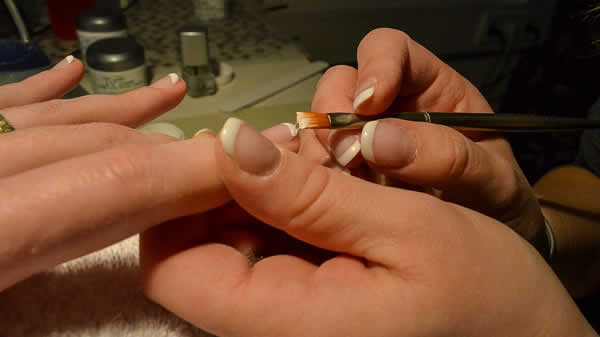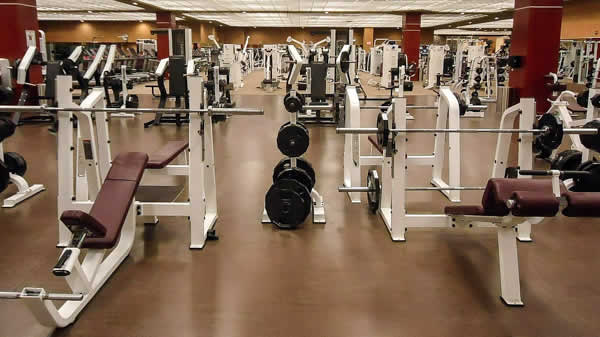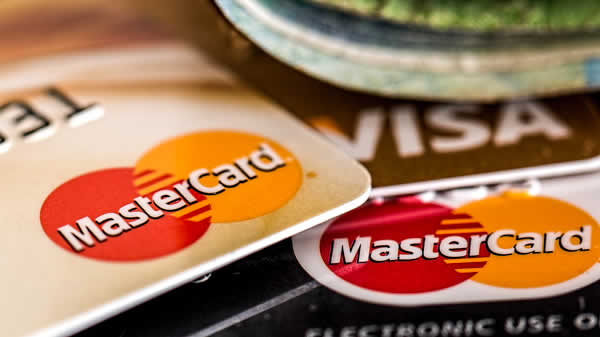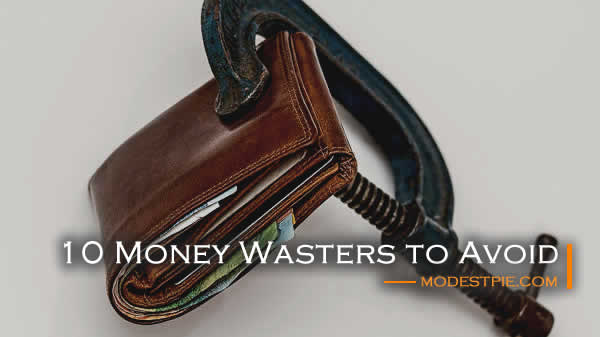It’s easy to overlook our expenses on the routine items in the course of our daily lives, and often, peer pressure makes it even more difficult to avoid these so-called money wasters. With careful thought on spending, one can still enjoy the good life and yet have enough to spend during the golden retirement years.
Money Wasters and their Alternatives
Today we look at the top 10 money wasters you can avoid based on our experience as well as others, and alternatives to not go cold turkey on some of these “needs”.
1Coffee

We love our coffee, and we would never tell you to quit coffee, if you’re like the caffeine junkie that we are. Often, we do not realise the amount of money we’re spending daily on the coffee at retail establishments. And you know which these are (Hint: the kind you have to line up for).
At an average price of $3 for a cup of coffee, it works out to about $1,000 a year for your favourite beverage. What we think would be more cost effective, is to brew your own coffee. If your office has a coffee machine (like ours), then have it at the office. If you’ve run out of coffee for the day, prepare your own at the pantry. If your office pantry doesn’t provide coffee for staff, then buy your own ground coffee and just add hot water. And if your office pantry doesn’t provide hot water, then consider working at another company. OK, we’re just kidding. Or not.
We do not rule out having coffee at the likes of Starbucks entirely. In fact, we’re big fans of the Starbucks Coffee franchise. We do have them, especially on occasions such as a social gathering or a business meeting. What we do not do though, is order one of these on our way to work every single morning. We consider this to be a money waster when done in that manner. On the other hand, the $1 coffee at 7-11 offers a good enough cheaper alternative.
2Cigarettes

We’re not here to tell you how to live your life or that cigarettes are bad for you, but here’s our take. With a pack of 20 cigarettes averaging at about $8, and if you’re a smoker who burns a pack every day or two, the amount works out to about the same in a year as coffee in our example above.
You may consider smoking Roll-Your-Own (RYO) tobacco instead. Also known as Hand-Rolled Tobacco (HRT), these are cheaper than your average cigarette stick, and you’d still get your nicotine fix while spending less.
Even if you’re just a weekend smoker and already saving money by smoking less, this is still something that is applicable.
3Alcohol

Next up on our list is alcohol. Alcohol is costly especially when consumed regularly, and there are really no alternatives that could replace this in the way RYOs do for cigarettes above.
If abstinence is not practicable, then moderation is probably best. Excessive consumption of alcohol is bad for the liver anyway. And worse for the wallet.
4Bottled Mineral Water

Bottled mineral or drinking water purchased from convenience stores should be just that – for times of convenience when it is needed.
By default, you should consider cutting out this unnecessary expense by bringing your own drinking water from home. By using your own bottle, you reduce the use of plastic bottles. Even though these are recyclable, it does not equate to being recycled, as the subsequent recycled products end up in landfills eventually.
Related: 30 Ways to Go Green and Save Money at the Same Time
Anyway, by using your own bottle, you lighten the plastic burden on Mother Earth. And if you’re using such a bottle, make sure it is BPABPA stands for Bisphenol A, an industrial chemical that has been used to make certain plastics and resins since the 1960s. BPA is found in polycarbonate plastics and epoxy resins. Some research has shown that BPA can seep into food or beverages from containers that are made with BPA. Exposure to BPA is a concern because of possible health effects of BPA on the brain, behaviour and prostate gland of fetuses, infants and children. Additional research suggests a possible link between BPA and increased blood pressure. However, the Food and Drug Administration (FDA) has said that BPA is safe at the very low levels that occur in some foods. This assessment is based on a review of hundreds of studies. The FDA is continuing its review of BPA, including supporting ongoing research. In the meantime, if you’re concerned about BPA, you can take these steps to reduce your exposure by opting to use BPA-free products.-free.
5Vending Machine Items

If you find yourself going for the same kind of snacks from vending machines often enough, it may be a better idea to buy bulk packs of those items.
Buying them in bulk pack lowers the cost for each little piece of snack, and you save money in the long run. Buy a bulk pack and keep it in your office drawer. The only setback to this is you may tend to consume more than you plan to.
Still, it’d be cheaper per piece, and over-consumption is a discipline issue for another article another day.
Some snacks can be unhealthy, so cutting back on those is not only good for you but also good for your wallet.
6Eating Out

Eating out can be expensive especially in developed countries where high minimum wages are reflected in the cost of the food you order. If you’re a working adult, it may be hard to evade this one.
Packing lunch from home may save you a lot of money in the long run, but may not be practical. Avoiding eating in expensive establishments on a regular basis would be a first step in cutting out this money waster. These places should be reserved for special occasions.
If you’re already eating lunches outside on working weekdays, you may consider eating at home on weekends. This is great in places where raw materials from the supermarket are cheap and you save on labour costs by preparing and cooking the food yourself at home.
And of course, we’re not ruling out eating out at fancy dining places with family members and friends on weekends, just that it could be reserved for those special moments. Spoiling yourself and your loved ones once in a while is certainly fine.
7Car Washes

If you own a car, you may want to save some money by washing your car yourself. A tunnel or conveyor car wash can cost up to $15 per vehicle. If you believe time is money and you’re better off getting a machine or paying someone to do it, consider in-bay automatic car washes at petrol kiosks at a third of that price.
For cities where water tariff rates are high, or where water is a precious commodity, careful water usage is mandatory, but if you live at a condominium where your communal area water supply for the purpose of car wash is provided, it’s probably best if you made use of the facility you have already paid for in the monthly maintenance fee.
Sure, you would have to sweat it out a bit, but you get a good workout and it leaves more bucks in your wallet at the end of the month. Needless to say, water conservation is still something to be observed at all times.
8Manicures, Pedicures and Massages

A manicure costs an average of about $20 at a standard mid-range spa. A pedicure is nearly double of that. A fortnightly session of manicure and pedicure would set you back over $1,000 a year.
A suggestion would be to do some of these yourself, and save these luxury pampering sessions for special occasions. That way, you may rely on professional service just 2 or 3 times a year. Still affordable, and leaving some cash in the wallet.
Massages on the other hand, is not something you can really perform on yourself, but if you find yourself going more often than necessary, you could cut back a little and think about how frequent you should go. Some couples take turns to do massages for each other, and only the both of you can decide if this is a viable alternative.
Like the manicures and pedicures, massages are something you could seek professional help only when you really need it, e.g. after a strenuous sporting activity.
9Gym Memberships

We have nothing against gym memberships, although we find them to be rather expensive. But if you really require a gym to work out and have the discipline to stick to a regime, or need the professional guidance of a fitness instructor at one, then by all means, get one.
However, we have seen in many cases where people sign up for gym memberships and instead of making a few trips there weekly as they initially intended too, they end up visiting the gym only once every few weeks or months. In such a case, we would think it is better to just quit the membership and save the money for something else more important.
Work your cardiovascular by running along the scenic nature path instead of on the treadmill. If you have a friend who lives at a condominium with good gym facilities (where visitors accompanied by residents are allowed to use), that is another practical option to save money and still get a good workout. With a friend. For free.
10Credit Card Interest Rates

I left this one at the end as it is likely the one that affects most people, and one that gravely affects the finances of those who don’t keep a close watch over it. I know this all too well, having raked up a $40,000 debt over a decade ago when I maxed up nearly all 8 of my credit cards due to foolish spending on many of the money wasters listed above. There was always too much month at the end of the money and I lived miserably all those years. It took me many years and a new high-paying job before I was able to settle all my debts, and I vowed never to owe anything on my credit card ever again. I have been sensible ever since for 10 years now, and am living debt-free today.
For those who just got a credit card, I would like to stress to never spend beyond your means, and to always settle your outstanding amount by the end of the monthly due date.
If you’re not able to settle the credit card bill in full and are paying only the minimum payment every month, you are definitely spending beyond your means and digging yourself into a grave. Eliminate the money wasters. At 18 – 24% APRAnnual Percentage Rates, credit card interest rates are exceedingly high and very unforgiving, and you must ensure never to fall into this trap. It is a huge money waster, and probably the worst on this list.
If you have already found yourself in this situation, try and find a way to pay it off as soon as you can. Transfer your existing debts to other cards that offer lower interest rates or interest-free instalments without spending an additional cent on top of that, or take a loan from your parents and pay them back in instalments, at low-interest rate or interest-free.
Related: How to Eliminate Credit Card Debt
Short of that but in the same manner, you could also try and apply for a personal loan from the bank to pay off your credit card bills in lump sum amounts, ideally in full. Personal loans are usually offered at interest rates far lower than those charged by credit card providers, and you can work out an instalment period that is easily covered by your salary minus fixed monthly expenses.

A More Secure Financial Future
I personally wished I had come across an article like this 30 years ago when I was a yuppieA fashionable young middle-class person with a well-paid job. just starting to earn a salary at the beginning of my journey into adulthood. Many of the money waster traps I fell into could have been avoided. A lot of the money could have been saved and placed into medium- to long-term investments to yield fruitful returns in my retirement years.
If you know anyone young or old who could benefit from this article, please share it with them. A good financial future begins with money saved today, and cutting out money wasters is a good first step. What you do with the money saved and how you invest it, will be a topic for another discussion.






https://www.mangocreditreviews.com.au/inerest-rates